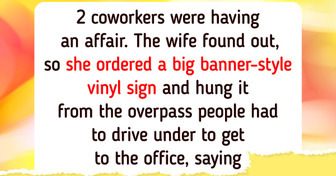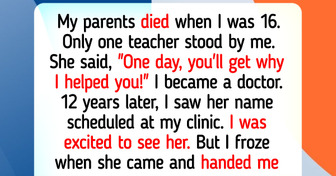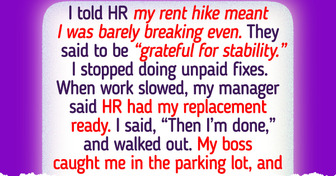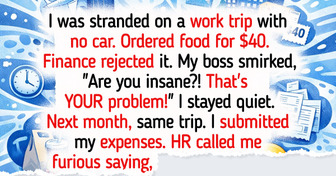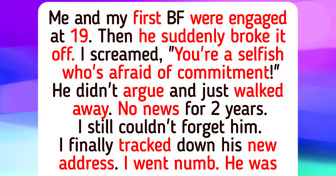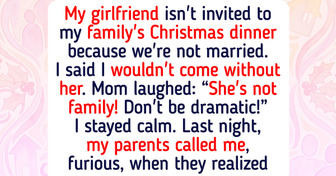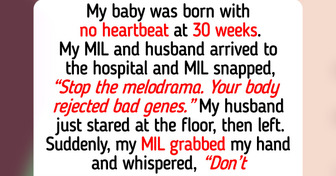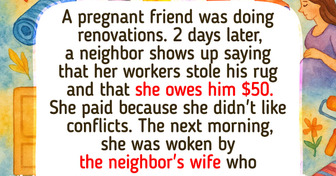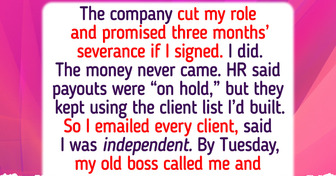I Refuse to Let My Unemployed Son Take Advantage of Me After He Moved Back In
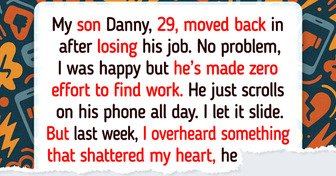
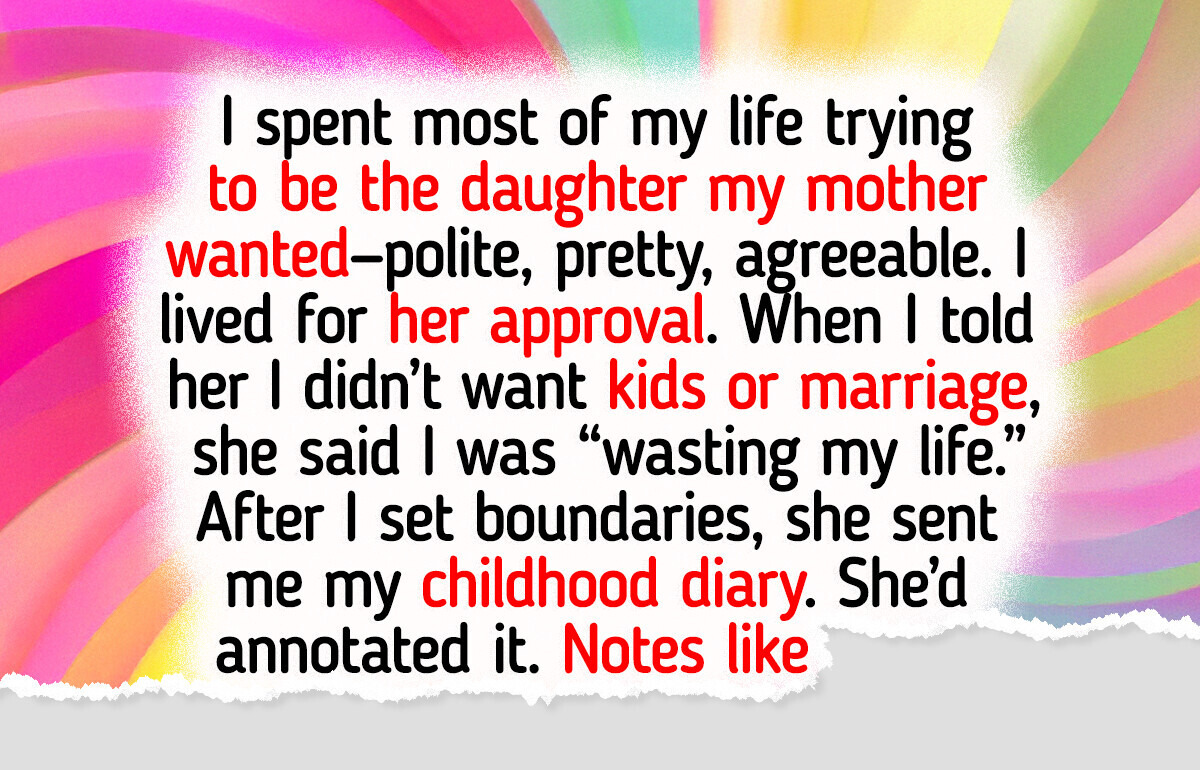
We received a letter from one of our readers. She shared a story that’s both heartbreaking and powerful—about approval, identity, and the cost of growing up under emotional control disguised as love. It’s a reminder that sometimes, the hardest part of becoming yourself is letting go of the version someone else scripted for you.

I spent most of my life trying to be the daughter my mother wanted—polite, pretty, agreeable. I wore the dresses she chose, took the job she bragged about, dated men she approved of—even when they didn’t treat me well. Every decision had one filter: Would Mom approve?
When I finally told her I didn’t want marriage or kids, she broke down—not in sadness for me, but in disappointment for herself. “You’re wasting your life,” she said. “After everything I gave up for you.”
Therapy helped me name what it was: emotional control disguised as love. I started setting boundaries. I stopped calling every Sunday. I said “no” more often. Her guilt-tripping turned into outright coldness.
Then, one day, I got a package. Inside was my childhood diary. She’d kept it all these years.
But she had annotated it.
Page after page, lined with red ink. Notes like “ungrateful,” “dramatic,” “manipulative.” Next to a passage where I wrote about being bullied, she underlined my words and wrote: “You’ve always played the victim.”
That was the moment I stopped hoping for a different ending to our story.
I burned the book.
And I finally felt free—not just from her approval, but from needing it.
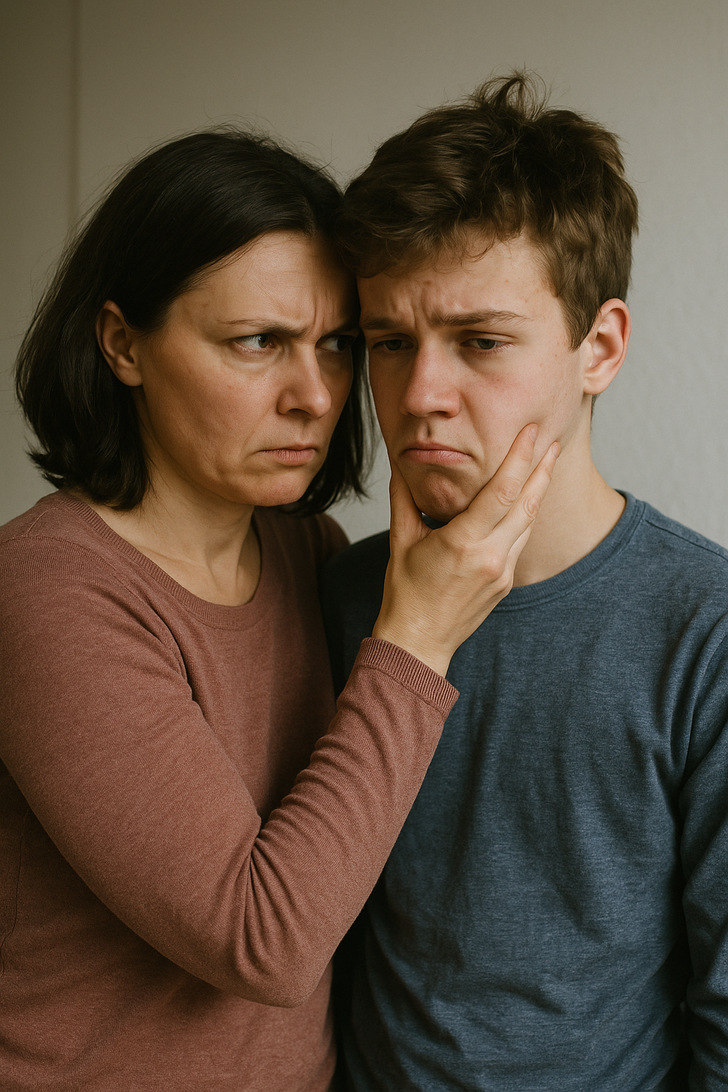
Experts call it enmeshment—a dynamic where a parent’s love is tied to obedience, not individuality.
Healthy parenting means supporting your child’s growth—not controlling their every move. But when a parent’s love depends on obedience or closeness at the cost of a child’s independence, it crosses into enmeshment.
In enmeshed families, boundaries are blurred. The parent may overshare, expect emotional caretaking, or discourage autonomy with guilt-laced remarks like:
“I don’t know what I’d do without you.”
“You’re the only one who understands me.”
“Don’t leave me alone.”
Though it may seem like affection, this kind of dynamic pressures the child to suppress their own needs and emotions to maintain the parent’s stability. As adults, these children often struggle with guilt, low self-confidence, or fear of making decisions without parental input.
Psychologist Dr. Pat Love, author of The Emotional Incest Syndrome, explains that the child ends up dismantling their own anger response just to survive. It’s safer to silence parts of themselves than risk disapproval.
Breaking this cycle isn’t easy. It takes space, therapy, and often a painful unlearning of what love and loyalty were supposed to mean. But the result is worth it: clarity, independence, and the freedom to build a life that belongs to you—not your parent’s expectations.
Freedom, it turns out, sometimes begins the moment you stop needing your parent’s permission to be yourself.
My Stepdaughter Refuses to Obey My Rules, So I Decided to Teach Her a Lesson

